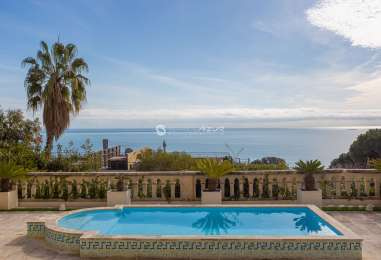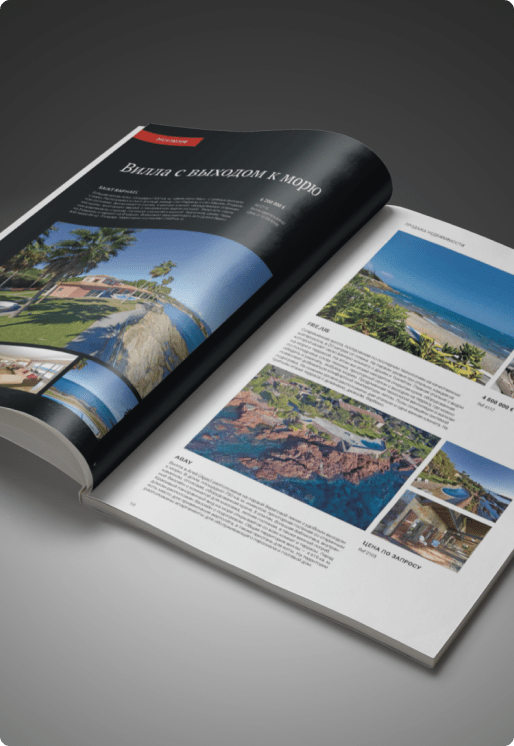Changes in International Inheritance Rules
The European Regulation published in the Official Journal of the European Union on July 27, 2012, came into effect on August 17, 2015 (it took time for each European Union member state to align its own legislation). The Regulation will be applicable in 25 European Union countries (excluding Denmark, the United Kingdom, and Ireland)."
Inheritance Law
Traditionally, there have been two systems for international inheritance matters. In some countries, a single law applies to the entire estate (both movable and immovable assets), such as Germany, Spain, and Italy. In other countries like France, Belgium, or the United Kingdom, assets are subject to the law based on their location. The European Regulation advocated for the principle of inheritance unity.
Before August 17, 2015, in the event of a death abroad, the civil law of the deceased's last habitual residence applied to movable property (bank accounts, artworks), while the laws of the country where the real estate was located applied to real estate (villas, apartments).
After August 17, 2015, the primary criterion for determining applicable law is the deceased's last residence. The purpose of this regulation is to implement the principle of 'one inheritance, one law, one jurisdiction' for all inheritance assets. This criterion determines the law that will be applied to all operations (administration, liquidation, and distribution) related to inheritance.
Choice of Inheritance Law
Adhering to the law concerning the usual place of residence of the deceased at the time of their death can be challenging: each time a person changes their country of residence, it is necessary to review the estate planning. This is why the professio juris, or the possibility to choose the law applicable to the inheritance (either national law or the law of one of the nationalities), is important. From now on, a citizen can select the law governing the entire inheritance according to the nationalities they possess (Article 22, Article 1) (FR: Choix de la loi successorale).
European Certificate of Succession
To expedite the regulation of international inheritance, the European Certificate of Succession (SCE) was introduced. Its purpose is to certify the free movement of proof of succession, inheritance rights, and authorities responsible for managing the inheritance.
This inheritance certificate does not replace the documents of each member state. The models of certificates are the same in any of the member states, and the request for a European Certificate of Succession is made through a standard form at a notary.
Mandatory details include commonly accepted information (the deceased, identification of the heirs). The certificate will indicate marital agreements provided by the deceased, the possible option of accepting or renouncing the inheritance, the powers of the heirs, and, finally, the assets constituting the estate of the deceased.
Representing a simple, clear, and accurate model, this inheritance certificate will facilitate actions related to the regulation of international succession.
Mandatory Share in Inheritance in France
Within the French inheritance system, the concept of a 'heritage reserve' ('la réserve héréditaire') operates, meaning a legally established compulsory share in the inheritance for close relatives. The testator can dispose of only a portion of their 'free estate' ('quotité disponible') at their discretion.
Calculation of the Compulsory Share in the Inheritance
|
Number of children |
Hereditary reserve |
Freely disposable portion |
|
One Child |
1/2 of estate |
1/2 of estate |
|
Two Children |
2/3 of estate |
1/3 of estate |
|
Three Children |
3/4 of estate |
1/4 of estate |
A Reminder About Inheritance Tax
The Inheritance Tax (Impôt sur la succession) is levied on heirs in the event of the death of a property owner in France. It is advisable to determine the order of inheritance with a notary at the time of purchasing the property.
A property owner cannot freely appoint an heir, but there are mechanisms to control the inheritance process.
According to French laws, the surviving spouse can be the sole heir or inherit jointly with the deceased's blood relatives. The system of inheritance for blood relatives is based on three principles: order of precedence, degree of kinship, and line. The order of inheritance rights is as follows (each order excludes the subsequent):
- Children, grandchildren.
- Father, mother, brothers, sisters.
- Grandparents.
- Other relatives.
It is crucial to meticulously plan the inheritance in advance with the guidance of skilled professionals, particularly to prevent potential conflicts arising from the differences in legal systems across various countries.
Tax Benefits and Rates in the Calculation of Inheritance Tax
|
Degree of Kinship |
Tax Exemption |
After deducting the applicable exemptions, the tax rate is applied depending on the kinship of the heir |
|
|
Spouse, Civil Solidarity Pact (PACS) Partner |
- |
Exempt from inheritance tax. In the case of a gift: application of the progressive scale for direct line inheritance, as indicated below |
|
|
Each Child, Father, Mother |
€100 000 |
Band of value |
Tax rate |
|
Up to 8 072 € |
5 % |
||
|
from 8 072 € to 12 109 € |
10 % |
||
|
from 12 109 € to 15 932 € |
15 % |
||
|
from 15 932 € to 552 324 € |
20 % |
||
|
from 552 324 € to 902 838 € |
30 % |
||
|
from 902 838 € to 1 805 677 € |
40 % |
||
|
over 1 805 677 € |
45 % |
||
|
Brothers, sisters |
€15 932 |
Band of value |
Tax rate |
|
Up to 24 430 € |
35 % |
||
|
over 24 430 € |
45 % |
||
|
Nephews, nieces |
€7 967 |
- |
55 % |
|
Relatives up to the fourth degree of kinship |
€1 594 |
- |
55 % |
|
Hiers without a degree of kinship (applicable to cohabitants) |
€1 594 |
- |
60 % |
|
Heirs with Disabilities |
€159 325 |
- |
According to the degree of kinship |











































